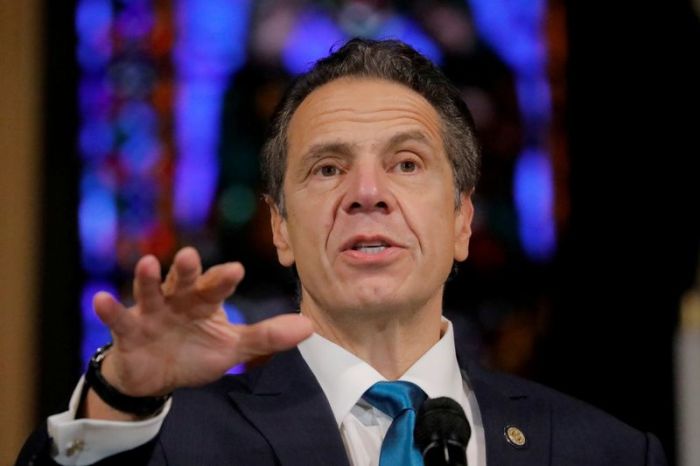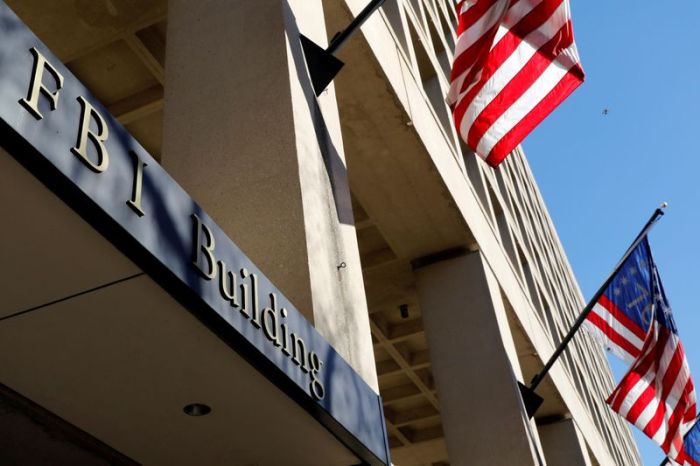(Reuters) – L. Lin Wood, a lawyer who played a role in former President Donald Trump’s attempts to overturn his election defeat, put his law license in jeopardy on Friday by saying on social media that he would not undergo a mental health evaluation requested by an attorney licensing body.
Wood said on the app Telegram on Thursday that the State Bar of Georgia had told him he needed to submit to the evaluation to keep his law license.
In a subsequent post on Friday, Wood said he would decline the request and “litigate” with the state bar if necessary.
“I have done nothing wrong. I have only exercised my right of free speech,” Wood said in that post. “I will not allow the State Bar to persecute me for doing so and thereby violate my Constitutional rights.”
State Bar of Georgia Chief Operating Officer Sarah Coole confirmed that Wood had been asked to undergo a mental health evaluation but declined to comment further.
The development comes weeks after Wood, an Atlanta-based defamation litigator, was banned from Twitter, where he regularly embraced conspiracy theories.
A Delaware state judge earlier this month blocked Wood from representing former Trump adviser Carter Page, calling claims Wood made on Twitter about U.S. Chief Justice John Roberts “too disgusting and outrageous to repeat.”
Wood was also fired in January by a Kentucky teenager who sued media outlets over their portrayal of his stand-off with a Native American activist in Washington in 2019.
It is unusual but legal for a state bar to ask a lawyer to submit to such an evaluation, said Brian Faughnan, a lawyer in Tennessee who advises attorneys on ethics matters.
Such requests are kept confidential, but in this case Wood “waived” that right to confidentiality by posting on social media, he said.
(Reporting by Jan Wolfe and David Thomas; Editing by Noeleen Walder and Bill Berkrot)

























